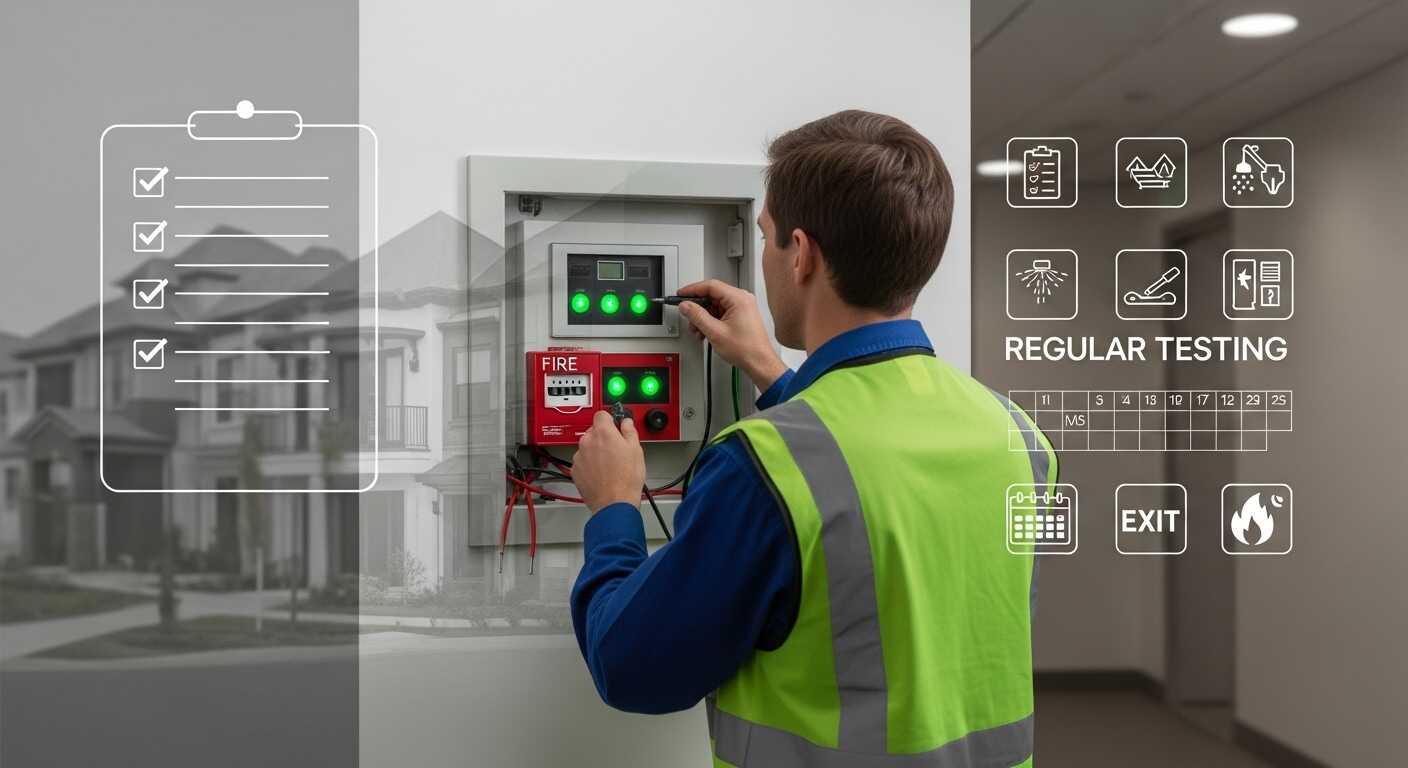Get a 5% off coupon upon signing up on our NewsLetter.
Sign up now to receive latest offer, products and more!
Sign up now to receive latest offer, products and more!

Fire alarm systems are among the most essential safety measures for any property, whether residential, commercial, or industrial. However, simply installing a fire alarm is not enough. Regular testing and maintenance are vital to ensure the system functions effectively when it matters most. A properly tested fire alarm system can save lives, protect assets, and minimize damage during emergencies.
Neglecting routine testing can lead to malfunctions, delayed alerts, and increased risks to both people and property. Understanding how and why to test your fire alarm system can make a significant difference in safety and compliance with fire regulations.
A fire alarm system provides an early warning in the event of a fire, allowing occupants to evacuate safely and emergency services to respond promptly. These systems rely on sensitive components that can degrade over time, making regular testing essential.
Regular testing ensures system efficiency, reliability, and a strong commitment to safety.
Testing a fire alarm system must be done carefully and systematically to maintain safety and functionality.
Always inform your monitoring provider before testing to avoid unnecessary emergency dispatches.
Check detectors, alarms, and panels for dust, corrosion, or physical damage. Ensure all devices are clean and unobstructed.
Use an approved testing aerosol or device to confirm that alarms activate correctly and signals reach the control panel.
Manually activate selected call points to verify that they transmit accurate signals to the monitoring center.
Ensure that all sirens, strobe lights, and alerts are functioning throughout the property.
After testing, review event logs to identify irregularities or failed devices that need servicing.
While internal checks are useful, professional inspections provide expert evaluation, compliance assurance, and preventive system care. Certified technicians use advanced equipment to test sensor sensitivity, wiring, and overall system performance.
Professional testing ensures every component meets required safety standards and functions at full capacity.
The frequency of testing varies depending on the property type and local regulations. However, general best practices recommend:
Consistent testing helps maintain compliance and ensures the protection of people and property.
Even well-intentioned property owners sometimes make errors that compromise system reliability.
Maintaining a disciplined testing schedule with proper record-keeping prevents system failures and ensures readiness at all times.
Testing your fire alarm system is not just a routine procedure—it is a crucial responsibility that safeguards lives, property, and business continuity. Regular testing and professional maintenance ensure that every part of your system works efficiently during emergencies.
Whether you manage a residential building, commercial space, or industrial facility, maintaining a reliable fire alarm system reflects a proactive approach to safety. By investing in regular testing, you are not only complying with regulations but also protecting what matters most.
Fire alarm systems should be tested weekly for basic checks and professionally inspected at least once every year.
Basic tests can be performed by property owners, but a certified technician should conduct comprehensive inspections for full compliance and reliability.
Neglecting tests can lead to system malfunctions, failed alarms during real fires, and potential safety regulation violations.